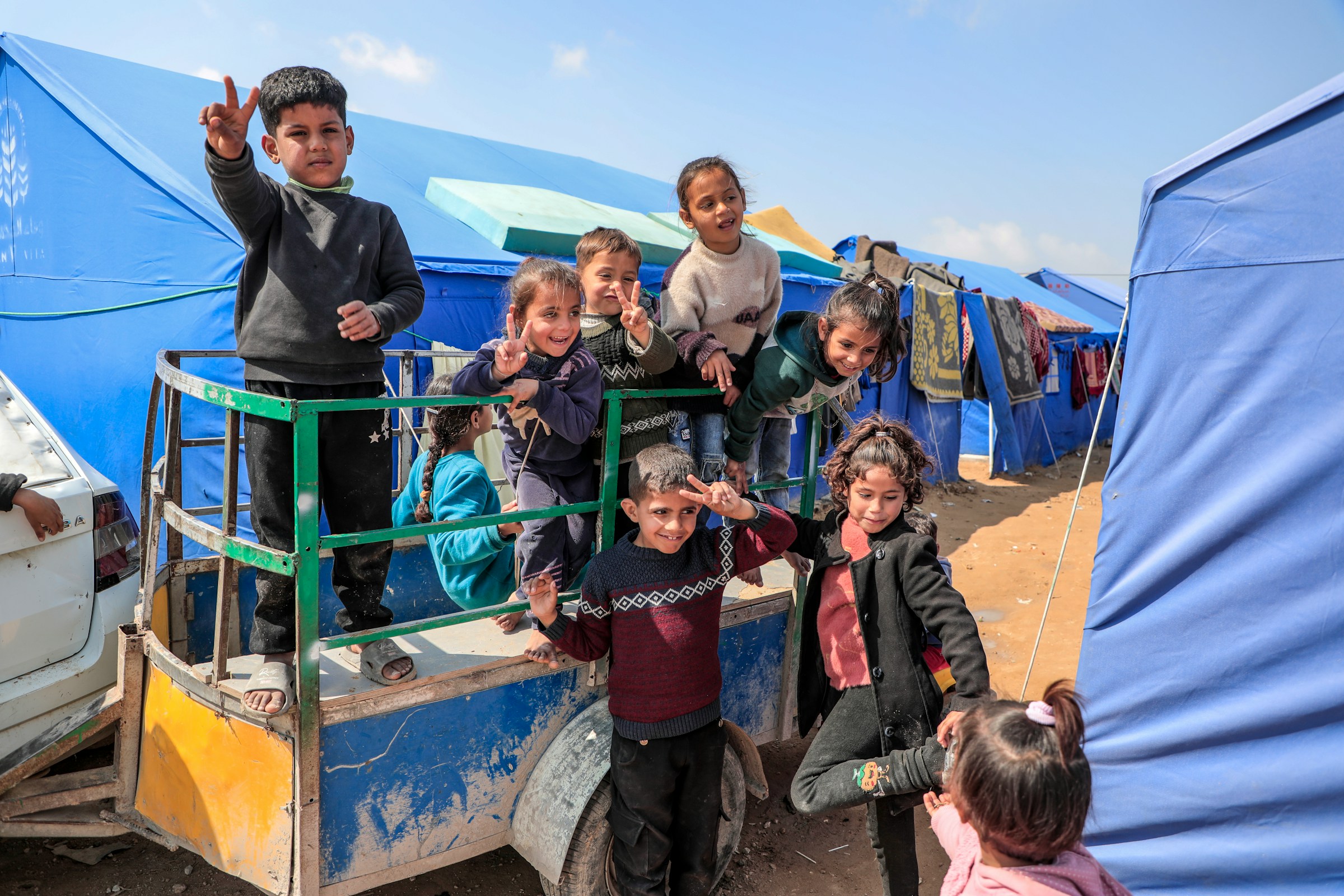The decision by Israeli Prime Minister Benjamin Netanyahu to pursue a full occupation of Gaza marks a critical inflection in Middle Eastern power dynamics. It is not merely a battlefield directive—it is a recalibration of sovereign posture under deep domestic and regional duress.
This is not the first time Israel has moved decisively in Gaza. But this iteration—absent a clear exit strategy and amidst international pressure—signals a shift from tactical containment to permanent territorial presence. As Netanyahu reportedly prepares to consolidate military and cabinet support for the move, institutional observers must assess not only the military calculus but also the capital and regional stability repercussions this strategy may unleash.
What has changed is not just operational tempo but intent. Netanyahu’s pivot from punitive incursions to full-spectrum occupation breaks with decades of Israeli defense doctrine that avoided prolonged ground control of Gaza post-2005 withdrawal. The “die is cast” framing, as leaked by officials to Israeli media, makes it clear: deterrence is no longer the objective. Denial and control are.
This escalation coincides with a deteriorating humanitarian picture in Gaza, growing international condemnation, and waning US public support. It follows months of failed ceasefire negotiations, sustained cross-border attacks, and sharp polarization within Israel itself. From a macro perspective, this decision signals the failure of containment logic and a shift toward coercive permanence.
The full occupation doctrine exposes multiple layers of fragility.
First, it places Israel’s military capacity under significant strain—domestic troop rotation, reserve fatigue, and long-term garrison commitments will increase fiscal and political costs. Second, it triggers repricing of regional security risk, particularly for Jordan and Egypt, whose border cooperation models have long relied on a stable buffer in Gaza.
Third, the occupation heightens sovereign vulnerability to asymmetric retaliation. Hezbollah in the north, as well as Iranian proxies across the region, may recalibrate engagement thresholds. This adds a second-order exposure channel: capital markets in Tel Aviv are already reflecting war-risk pricing, and sovereign CDS spreads have begun to widen, mirroring 2014 conflict levels.
There is no immediate monetary or fiscal shock absorber being deployed to counterbalance the strategic shift. Israel’s central bank remains in a rate-holding pattern, and no supplementary budget has been tabled to underwrite a prolonged occupation. That leaves fiscal maneuvering reliant on existing defense allocations and emergency transfers—a structurally limited pool.
Meanwhile, donor fatigue toward Gaza humanitarian efforts is increasing, as cross-border aid flows stall under intensified security blockades. This creates dual liquidity strain: on the Israeli state, facing rising operational expenditure, and on Palestinian civil society networks, collapsing under isolation.
Without external liquidity buffers—IMF support, regional fund disbursement, or coordinated Gulf investment—this occupation doctrine risks being funded through domestic political strain and accelerated debt.
For regional capital allocators, the implications are already being priced in. Defensive reallocation toward US treasuries, Gulf sovereign debt, and hard commodities has intensified since April. The formalization of full occupation will likely accelerate that trend.
Dubai, Abu Dhabi, and Riyadh are seen as relative safe havens, particularly given Saudi Arabia’s policy posture of distancing from the conflict and preserving fiscal headroom. Gold flows from regional funds have also picked up, mirroring pre-2022 hedging behaviors.
Meanwhile, foreign direct investment into Israel’s tech and defense sectors—once a safe asymmetry play—is likely to face underwriting review. Strategic funds that had previously viewed Israel as a geostrategic hedge against Gulf volatility may now pause or unwind exposure, particularly if US-European divergence on the conflict intensifies.
Israel’s move toward full occupation of Gaza marks more than an operational pivot—it is a strategic realignment under duress. It reflects both the limits of deterrence doctrine and the institutional erosion of policy optionality. In capital terms, this doctrine imposes multi-front exposure: fiscal drag, reputational deterioration, and asymmetric retaliation risk.
For institutional observers, this moment should be read not as a singular national maneuver but as part of a broader regional rebalancing. Gulf sovereign funds may respond by reducing correlated exposure to Israeli equities. Cross-border development finance in Jordan and Egypt may seek political risk insurance adjustments. The international donor community may also revisit conditionality structures for humanitarian support to Gaza.
This shift also signals something deeper: the erosion of stabilizing interdependencies that once anchored regional economic normalization efforts. With occupation as the new baseline, the long arc of capital stability across the Eastern Mediterranean has entered a more volatile phase. Sovereign allocators—and the policymakers who brief them—must now account for not just kinetic escalation but the institutional cost of indefinite entrenchment.















